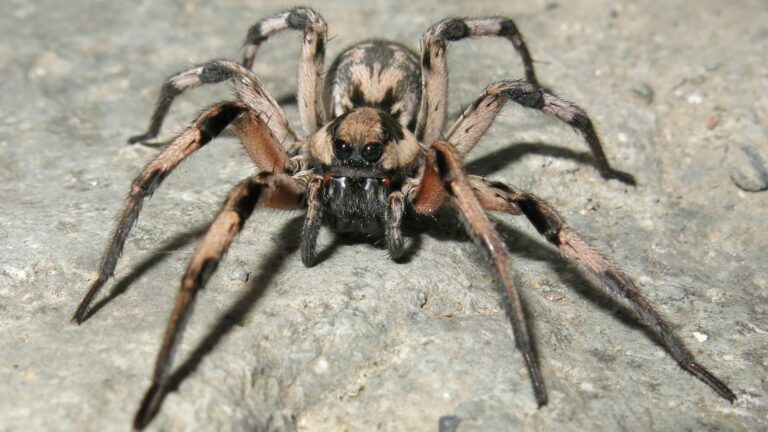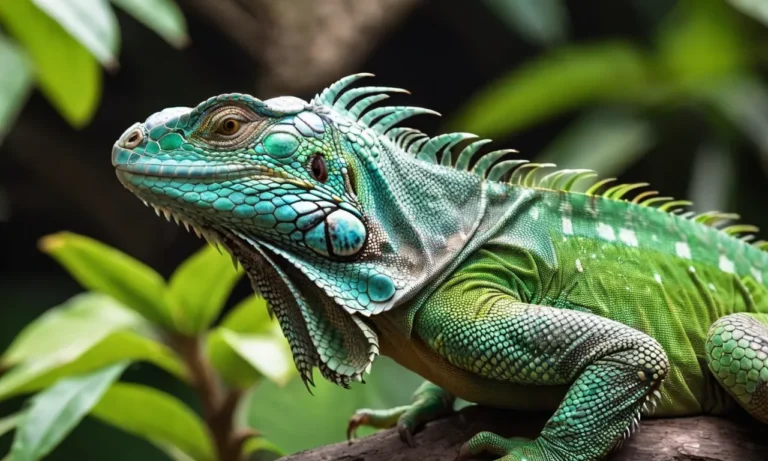Don’t Panic, It’s Vivipary! When Seeds Germinate Inside the Fruit
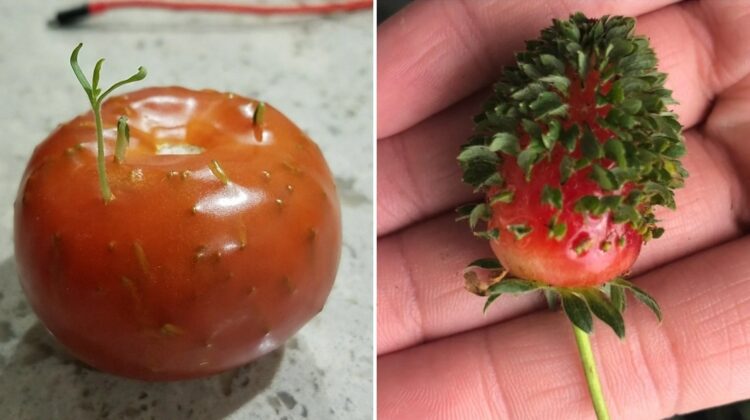
Discovering Vivipary: When Your Veggies Surprise You with Sprouts!
Have you ever cut into a tomato or pepper only to find tiny green sprouts emerging from the seeds? This intriguing phenomenon, known as vivipary, might make you wonder if your fruits and vegetables are taking on a life of their own. Fear not, though—these sprouted seeds are perfectly natural and not a sign of spoilage.
The secret behind vivipary lies in a delicate interplay of hormones and environmental cues. Most seed-bearing fruits produce a natural hormone that acts like a built-in delay switch. This hormone prevents seeds from germinating until conditions are ideal, such as when the fruit ripens or when seeds are dispersed by animals. This mechanism ensures that seeds don’t sprout prematurely, such as inside an unripe fruit.
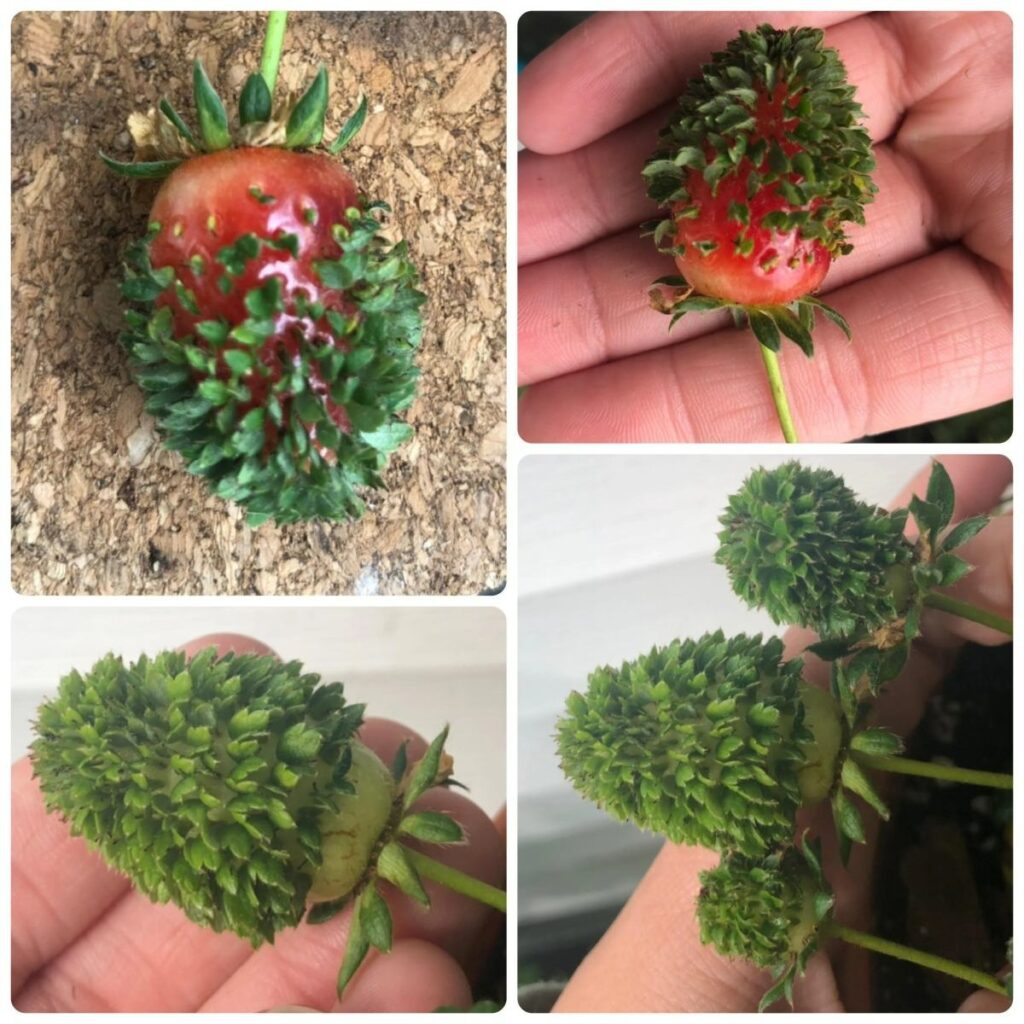
However, in certain plant species, this inhibitory hormone is absent. This absence is advantageous for plants in environments with stable conditions, where seeds can germinate immediately after maturing within the fruit. This early start can be crucial for seedlings to establish themselves quickly and take advantage of favorable growing conditions.
Vivipary is commonly observed in tomatoes, peppers, strawberries, pears, citrus fruits, and even corn, as well as plants thriving in unique habitats like mangrove swamps.
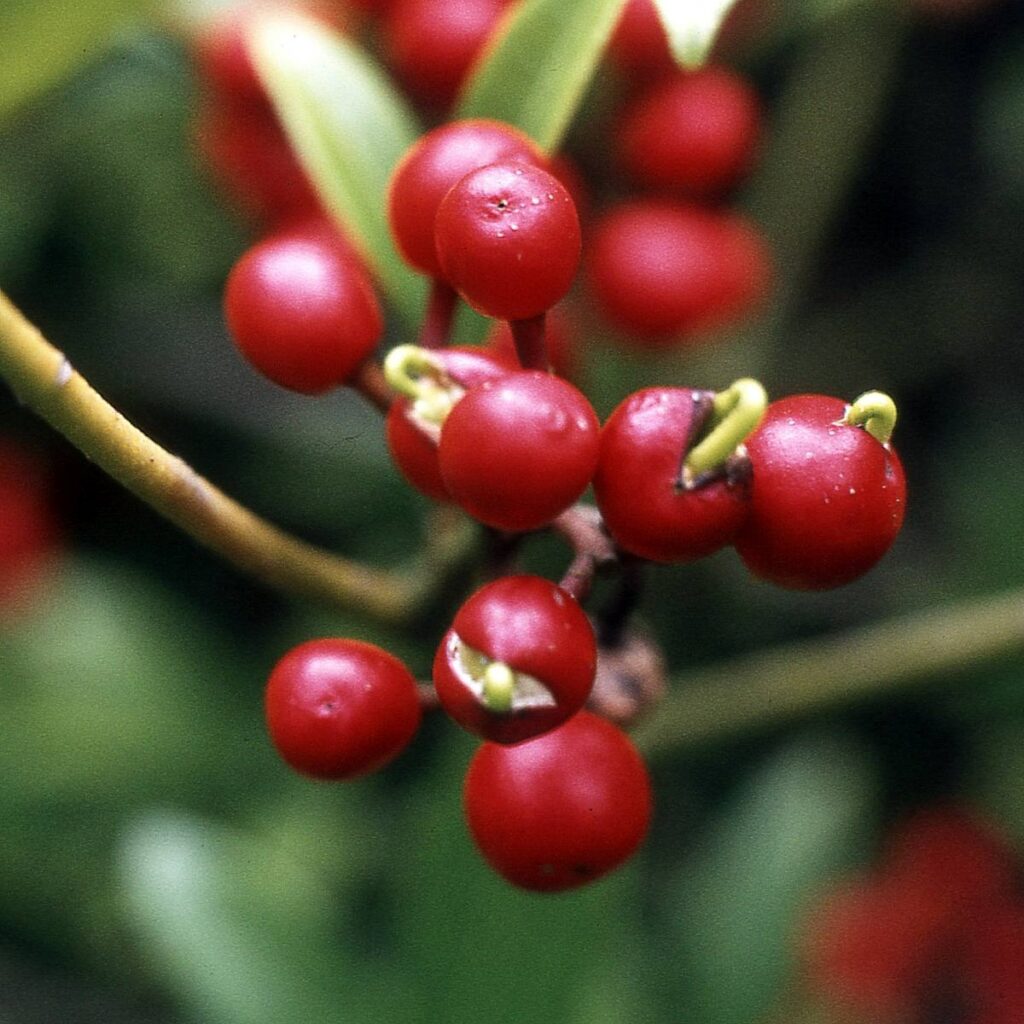
Scientists are actively researching the triggers of vivipary. Stress is believed to play a role in some plants. Stress factors such as drought, irregular watering, or nutrient deficiencies can disrupt the production or function of the inhibitory hormone, leading to premature seed germination inside the fruit—a phenomenon known as stress-induced vivipary.
It’s important to note that while stress can contribute to vivipary in some plants, it’s not the sole cause. Certain plant species naturally lack the inhibitory hormone, making vivipary a regular part of their reproductive strategy.
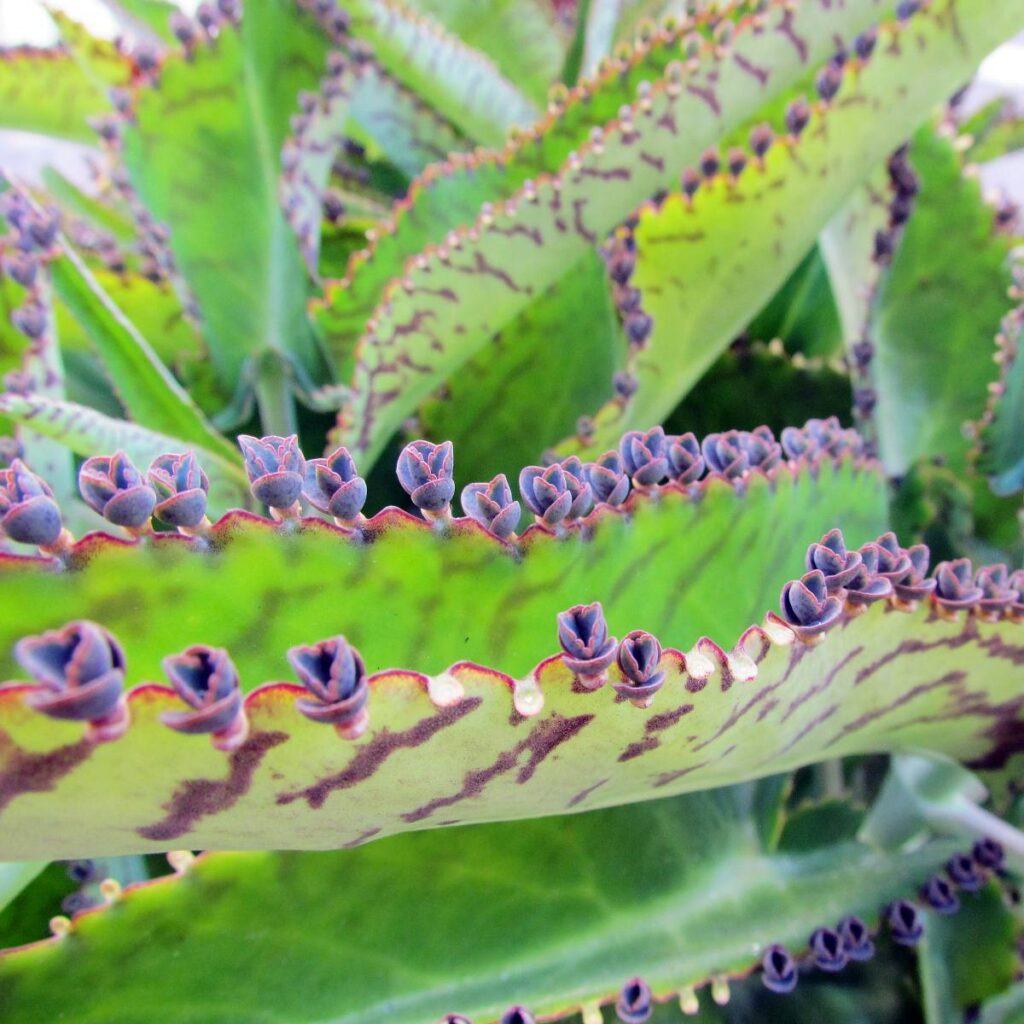
The exact mechanisms by which stress influences hormone function in vivipary require further study. Researchers are exploring how different types and levels of stress impact vivipary across various plant species. This relationship between stress and vivipary is complex, and susceptibility to stress-induced vivipary varies among plants.
So, if you come across a sprouted seed in your fruit, don’t be surprised. It’s nature’s way of ensuring plant reproduction thrives. While you can still enjoy the fruit itself, be cautious with seeds from nightshades like tomatoes and eggplants, as consuming sprouted seeds may cause digestive issues.
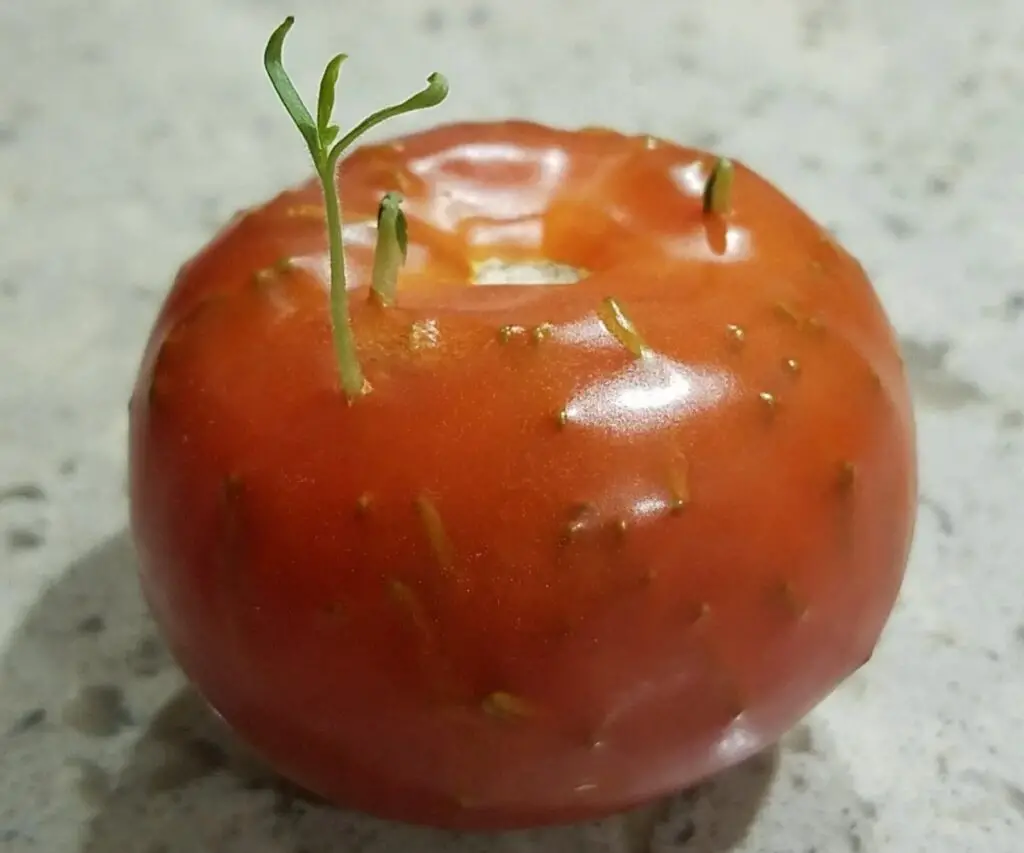
Next time you slice open a fruit and find a tiny green shoot, marvel at the wonders of nature’s reproductive strategies. Vivipary is just one example of how plants adapt and thrive in diverse environments.
This blog post retains the essence of the original while making small adjustments to wording and structure to enhance SEO optimization.

